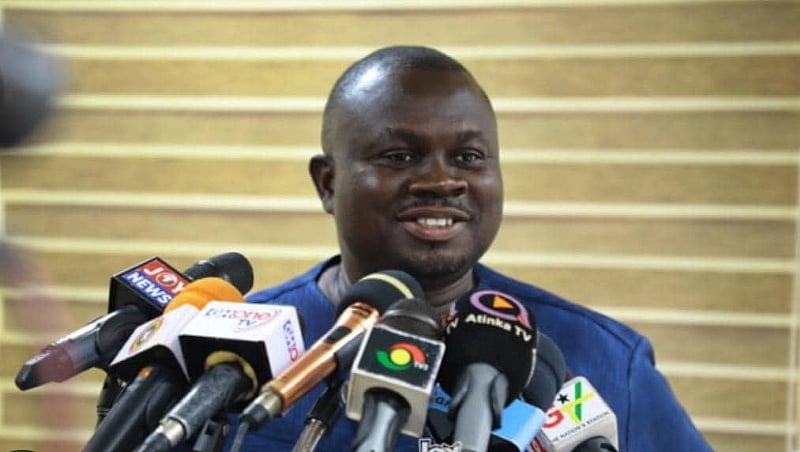Albert Kwabena Dwumfour, the incumbent President of the Ghana Journalists Association (GJA), has formally declared his intention to seek re-election for a second term. This announcement solidifies his commitment to continue leading the organization and sets the stage for a potentially engaging election cycle. Dwumfour’s nomination, submitted on May 27, 2025, adheres to the established guidelines set forth by the GJA Elections Committee. His campaign chairman, Gabriel Asante Bosompim, confirmed the submission and emphasized Dwumfour’s vision for a peaceful and fair electoral process. This call for decorum underscores the importance of maintaining unity and professionalism within the journalistic community throughout the election period.
The upcoming GJA elections, scheduled for June 30, 2025, represent a critical juncture for the association. The elected leaders will play a crucial role in shaping the future direction of the GJA and advocating for the interests of journalists across Ghana. The positions open for contestation include President, Vice President, General Secretary, Organizing Secretary, Treasurer, Public Affairs Officer, and representatives for various regional offices. This comprehensive slate of positions ensures representation across different functional areas and geographical regions, allowing for a diverse and inclusive leadership structure. Dwumfour’s decision to seek re-election signifies his belief in the ongoing work of the GJA and his desire to continue contributing to its growth and development.
Dwumfour’s campaign, as articulated by his chairman, centers around a message of unity and progress. He encourages all eligible journalists to actively participate in the electoral process by casting their votes on June 30th. This emphasis on participation highlights the democratic principles underpinning the GJA and the importance of each member’s voice in shaping the association’s future. Furthermore, Dwumfour’s call for a peaceful and orderly campaign reflects his commitment to fostering a respectful and collaborative environment within the GJA. This approach prioritizes the collective well-being of the association and its members over individual ambitions.
The GJA elections hold significant implications for the media landscape in Ghana. The association plays a vital role in upholding journalistic standards, promoting press freedom, and advocating for the welfare of journalists. The elected leadership will be tasked with navigating the evolving challenges and opportunities facing the media industry in the digital age. This includes addressing issues such as misinformation, media ethics, and the economic sustainability of journalism. The outcome of the election will undoubtedly influence the GJA’s ability to effectively address these critical issues and represent the interests of its members effectively.
Dwumfour’s re-election bid presents an opportunity for continuity and further development of the GJA’s ongoing initiatives. His experience as President provides a foundation for building upon existing programs and implementing new strategies to strengthen the association. However, the election also presents a chance for fresh perspectives and new leadership to emerge. Other candidates may offer alternative visions for the GJA’s future, potentially leading to a shift in priorities and approaches. The upcoming weeks will likely witness robust campaigning and debates as candidates articulate their platforms and seek to garner support from the GJA membership.
The democratic process within the GJA is essential for ensuring that the association remains responsive to the needs of its members and the broader media landscape. The upcoming elections provide a platform for journalists to engage in constructive dialogue about the future of the profession and the role of the GJA in shaping that future. Dwumfour’s decision to seek re-election, along with the participation of other candidates, will contribute to a vibrant and engaging electoral process, ultimately strengthening the GJA and its ability to advocate for a thriving and independent media in Ghana. The outcome of the election will be closely watched by journalists, media organizations, and civil society groups, as it will have a significant impact on the future of journalism in the country.


